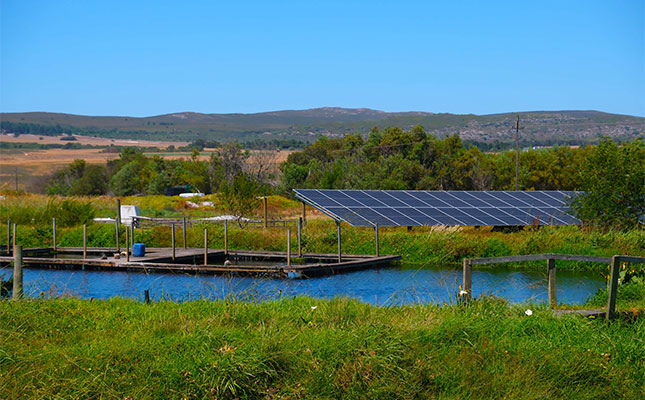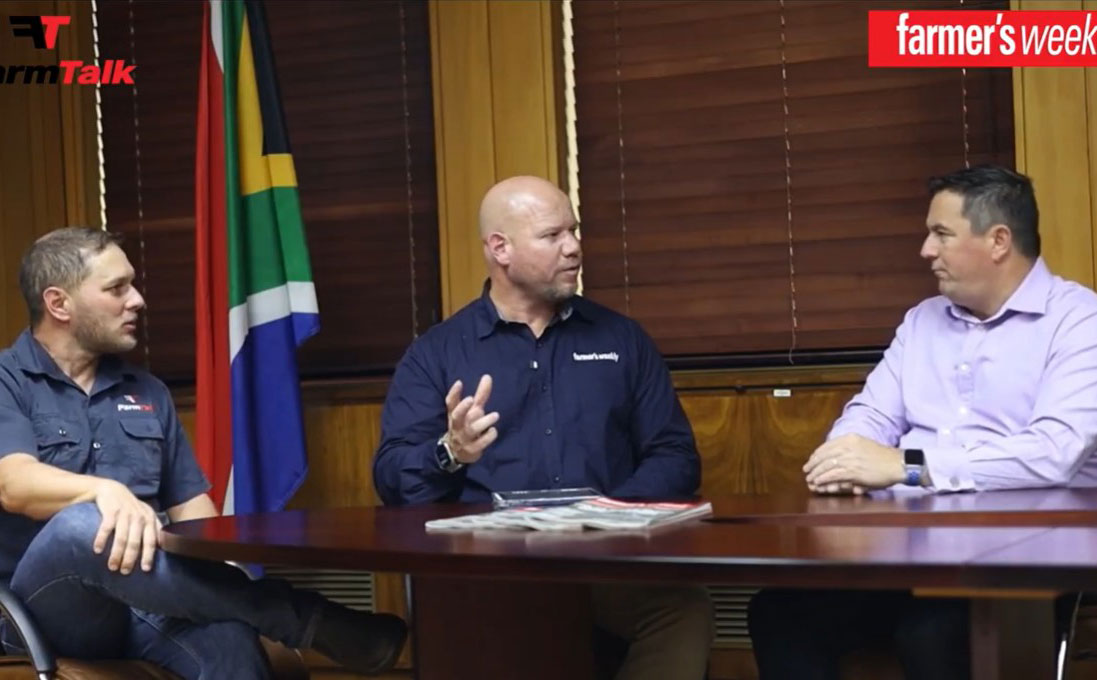
The PIC’s decision sparked concern at a recent parliamentary Standing Committee on Public Accounts meeting, where the sustainability and oversight of continued bailouts to Daybreak were questioned.
Daybreak, a vertically integrated poultry group fully owned by the state through the PIC, was placed under business rescue in May 2025 following revelations of poor governance, years of financial losses, and an animal welfare scandal that led to the death of thousands of chicks.
PIC chief investment officer Kabelo Rikhotso told the committee that the company had also been affected by avian influenza, load-shedding, and poor procurement practices, all of which had driven up its cost base.
According to Rikhotso’s presentation, the PIC had invested R1,7 billion in Daybreak since 2015, including R250 million in February 2025 and the more recent R150 million to avoid liquidation. He added that the investment hadn’t yielded any returns so far and was now valued at zero.
Despite Daybreak’s dire situation, Rikhotso maintained that the company could be turned around and potentially generate between R300 million and R400 million in annual profits, with turnover ranging from R3,2 billion to R3,4 billion.
However, if business rescue failed and liquidation occurred, the PIC expected to recover the funding from Daybreak’s fixed assets, currently valued at R700 million to R800 million.
“It is crucial to protect those assets now, especially because Daybreak has problems like electricity being cut off by Eskom. The business rescue team is spending money to secure these assets because they are worth a lot, both in liquidation and as part of a turnaround. Daybreak nevertheless needs competent management to succeed,” Rikhotso said.
He explained that the latest R150 million was structured as a short-term loan of up to six months to support the business rescue process.
He added that the PIC wanted the process to be concluded as soon as possible, as a prolonged rescue would be costly, and that currently, Daybreak’s operations couldn’t sustain the funding required.
At present, only the hatchery remained operational, while the breeder farms, feed mills, and abattoirs were on hold, with the latter unable to operate until the business rescue team satisfied the National Council of Societies for the Prevention of Cruelty to Animals’ requirements.
“We hope the rescue plan will restore full operations at Daybreak, making it viable again,” Rikhotso said.
Deputy Minister of Finance David Masondo, who also chairs the PIC board, said the business rescue plan was due to be published on 22 August, and that creditors were expected to vote on it before 15 September.
He assured the committee that the PIC would work closely with the business rescue practitioner to monitor progress and deadlines and that the PIC board had no intention of injecting funds into Daybreak indefinitely.
“The business has to turn itself around to survive this crisis,” Masondo added.
Get trusted farming news from Farmers Weekly in Google Top Stories.
➕ Add Farmers Weekly to Google ✔ Takes 10 seconds · ✔ Remove anytime









